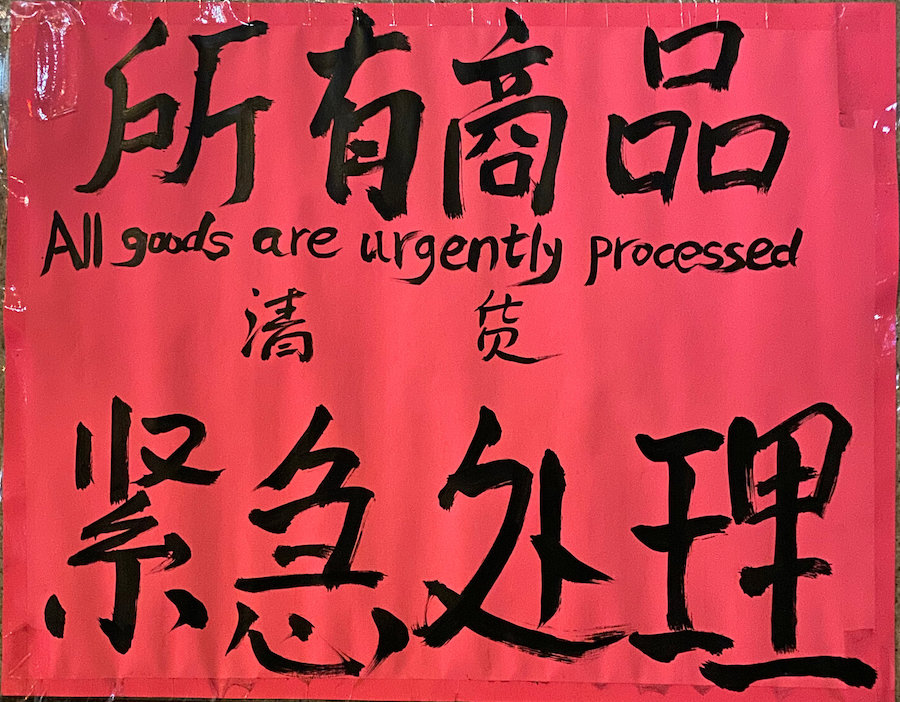[Prefatory note: The material for this post was sent to me by a usually trustworthy source. Moreover, it comes from a blog that sounds and looks as though it should have done its homework and know its stuff, and the blog drew their material from Madeleine Pelner Cosman’s Medieval Wordbook that has been in circulation since 1996, with enthusiastic reviews (avg. 4.5) on Amazon. Cosman (1937-2006) had a Ph.D. in English and comparative literature from Columbia University (1964) and a J.D. from the Benjamin N. Cardozo School of Law (1995) at Yeshiva University. She was a professor in the Department of English at City College of New York for nearly three decades (1964-1993), lectured on medieval daily life at the Metropolitan Museum of New York for years, and was active in medical, judicial, and other fields across the United States. I must confess that, as I prepared the post, I felt qualms over the quality of some of the entries. I should have followed my instincts and investigated further, and apologize for having failed to do so. Mea culpa — straight from the Middle Ages (Confiteor [1100]).]
You'd be surprised by how many of our most common, comfortable expressions come from the medieval period. Here are twelve collected by Madeleine Pelner Cosman as part of her book on words and phrases from the medieval period that you are likely to be quite familiar with.
12 Expressions that we got from the Middle Ages, Medievalists.net, May 21, 2024
Crocodile tears
To display insincere sadness. A few ancient and medieval writers believed that crocodiles would cry while eating their victims. The story was spread in England by the 14th-century travel writer John Mandeville. He explains that “these serpents slay men, and they eat them weeping; and when they eat they move the over jaw, and not the nether jaw, and they have no tongue.”
Bring home the bacon
To earn a living or achieve success. This expression dates back to 1104 when a nobleman and his wife dressed themselves as peasants and asked the local Prior for a blessing for not arguing after a year of being married. In response, the Prior gave them a side of bacon. Afterwards, the nobleman gave land to the monastery on the condition they gave couples who accomplished the same deed with the same reward.
Read the rest of this entry »
